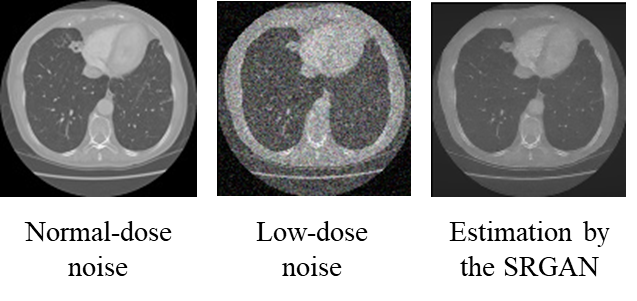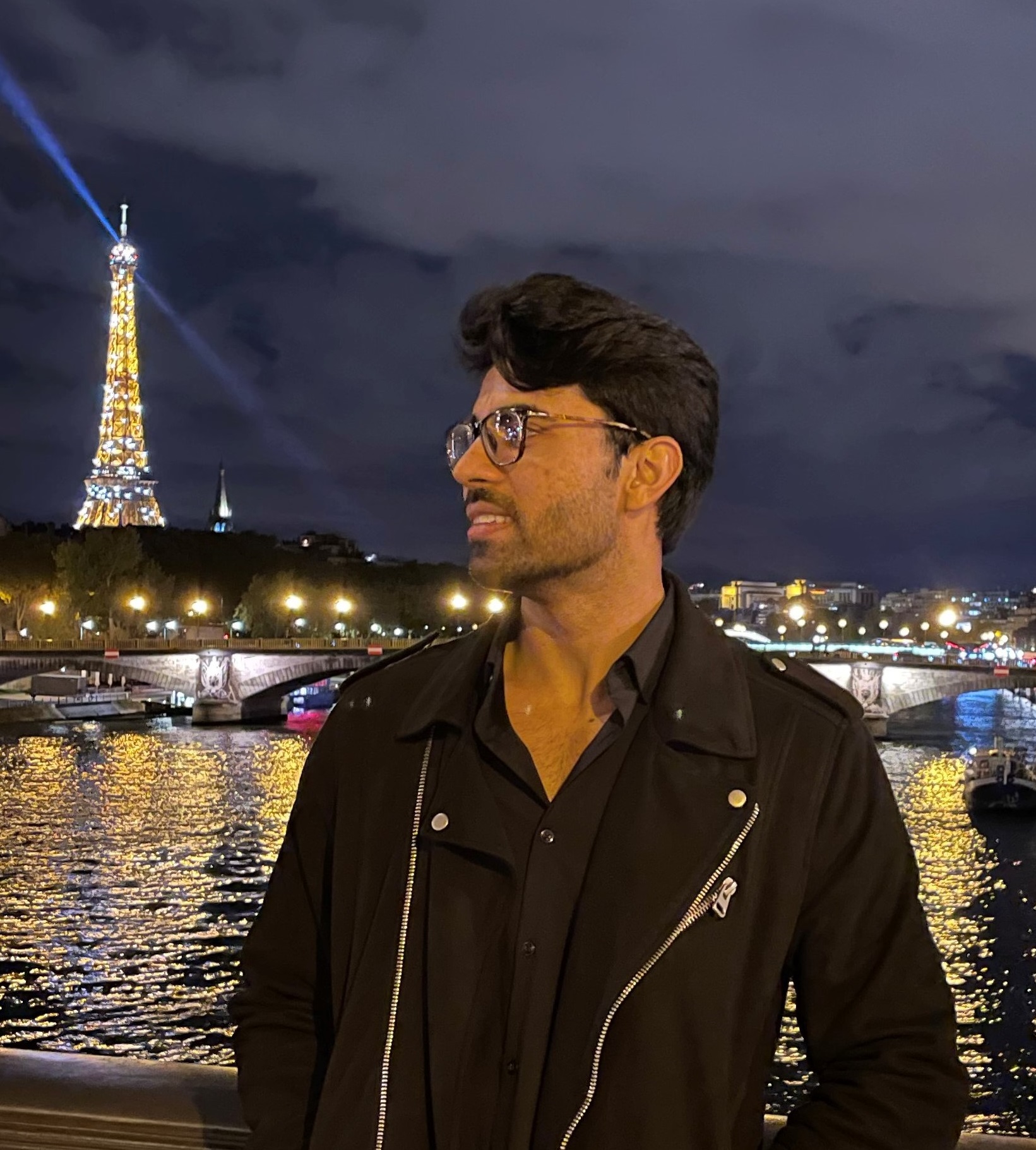Work Experience
PostDoc Research Associate, GREYC LAB 2024
3D, Deep Learning
Research Associate at COSURIA project. The COSURIA project is an emerging project of the Normandy Research system funded from November 2023 to November 2025. In the COSURIA project, we propose to design methods based on generative neural networks to perform geometry and color completion on colored 3D meshes of people scans.
The developed algorithms will be used in the consolidation of 3D scans of people in order to create 3D avatars for extended reality.
With the development of 3D acquisition techniques, 3D data in the form of 3D surfaces have become very widely available and new application fields have emerged: digital forensics, digital heritage, and digital twins. But there are many obstacles. In fact, whatever the 3D acquisition process:
The data is imperfect: gaps, acquisition errors, elements to be deleted.
Retouching these 3D surfaces takes a very long time.
Existing completion techniques only deal with geometry and not colors.
The goal of the project is to develop methods for completing both geometry and color in 3D color meshes.
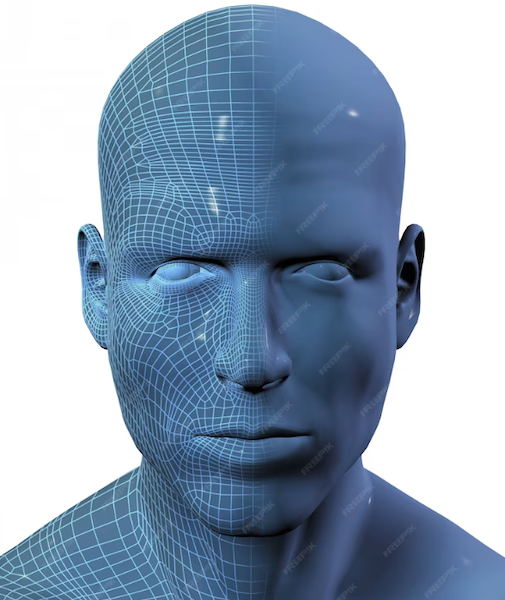
Assistant Reseracher, CEOSpace Tech 2021 - 2023
AI, Deep Learning, Machine Vision, Python
Assistant Researcher for European Training Network (ETN) MENELAOS mission. Acquiring the 3D geometry of the scene is essential for many applications in the areas of navigation, robotics, scene understanding, etc. Among the existing approaches, those using passive devices are of increased interest since they allow the use of compact, standard, and low-cost imaging systems like DSLR cameras. There are many depth cues that can be used to extract the 3D geometry. In single-shot images, the depth is lying in the blur, shadows of objects, chromatic effects shape distortions caused by lens aberrations, etc. When multiple images are used, depth information comes from perspective change like in binocular systems or structures motion in video sequences. The physics of these effects is well known and more or less accurate mathematical models exist and are used by analytical image processing methods that are generally prone to heavy calculation.
The entrance of the new Deep Neural Networks (DNN) on the stage of signal processing has boosted the subject due to their capability to learn complex models that ingest multiple effects, not only single ones as analytical approaches are doing. The flexibility in learning and the fast processing, once the training is accomplished, make DNNs a very promising tool in building the 3D geometry of scenes from easy-to-acquire images.
Study of physical foundation for depth cues in images and evaluation of their potential in existing methods for depth mapping.
Elaboration of DNN-based solutions for depth inference from single-shot images by exploiting defocus and other depth cues.
Definition of benchmarks for DNN training, validation and testing.
Evaluation of the accuracy of depth maps obtained with the DNNs using indoor and outdoor image collection.
Visiting Researcher, Ingeniería INSITU (INSITU Engineering) 2022 - 2022
AI, Deep Learning, Machine Vision, Python
Research engineer, within the Ingeniería INSITU (INSITU Engineering) team. The aim of this research stay at the University of Vigo was to explore the LiDAR and TOF cameras and develop a real dataset for Depth from Defocus. The iDFD is an open-source dataset that can be used for 3D indoor applications. iDFD
Contribution to open-source projects for the team.
Devlopment of iDFD dataset.
Public presentation of the project, as well as contributing to research papers.
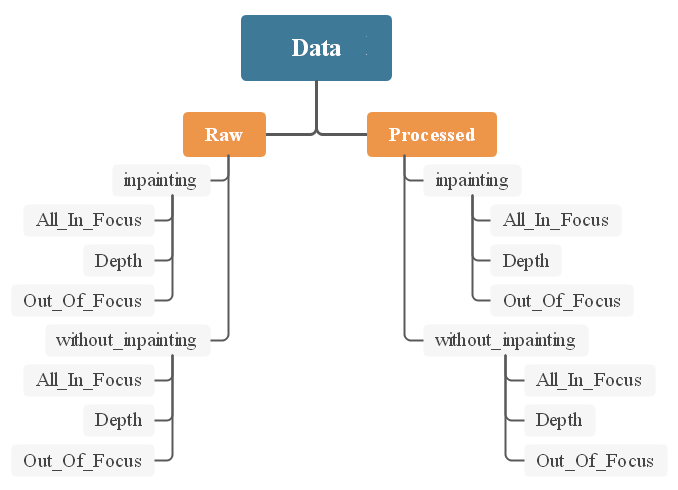
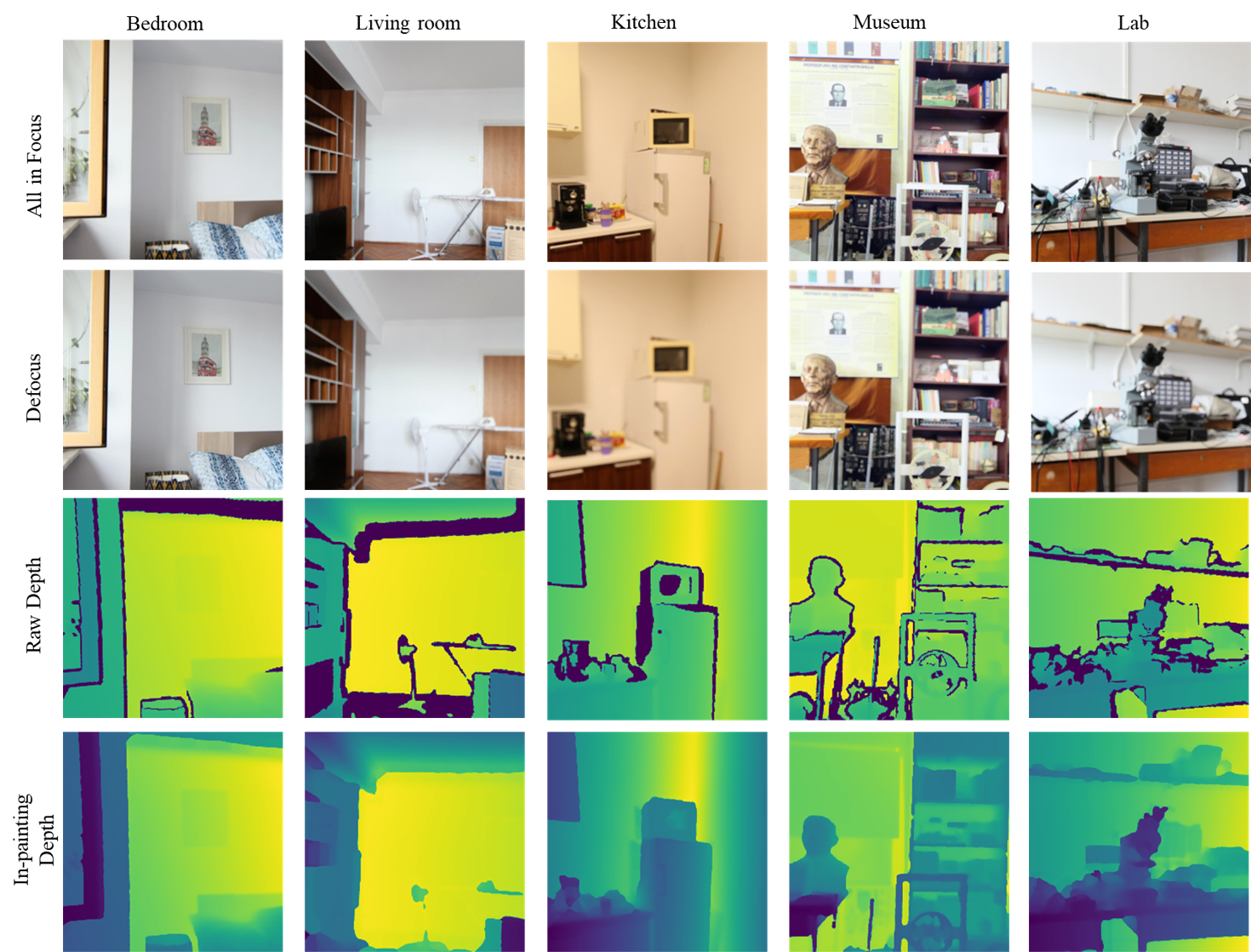
Visiting Researcher, CiTiUS (Centro Singular de Investigación en Tecnoloxías Intelixentes) 2021 - 2021
AI, Deep Learning, Machine Vision, Python
Research engineer within the CiTIUS, working on European Training Network (ETN) MENELAOS project. This collaboration was done between the CiTIUS team for the development of 2HDED:NET.
Development of 2HDED:NET.
Training and testing of 2HDED:NET on NYU-Depth v2 and Make3D datasets for DFD and Image deblurring.
Public presentation of the project, as well as contributing to research papers.
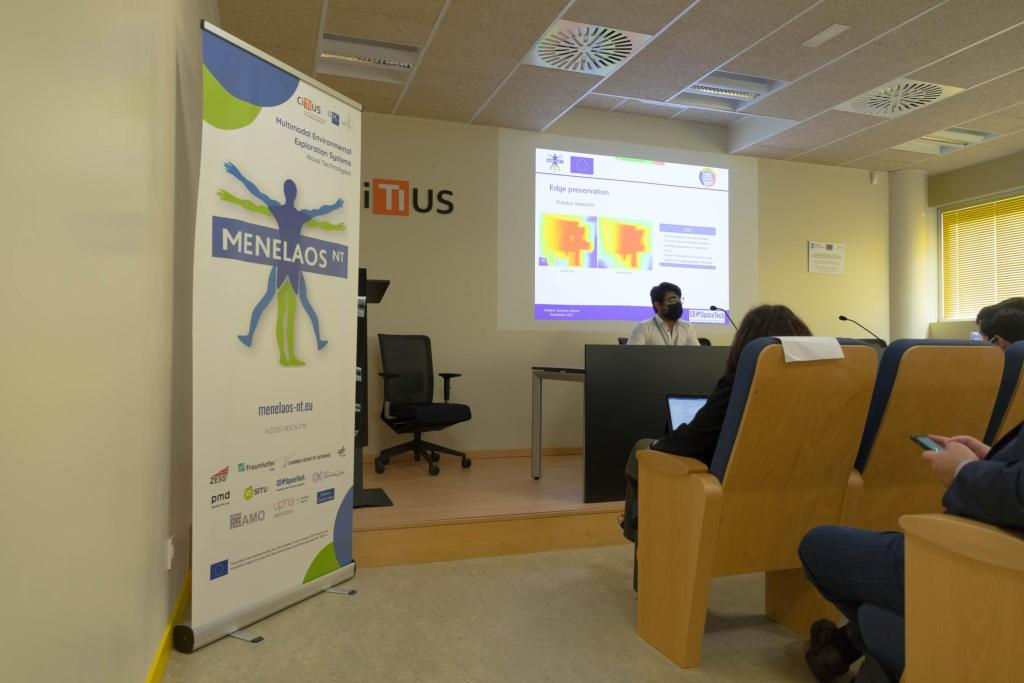
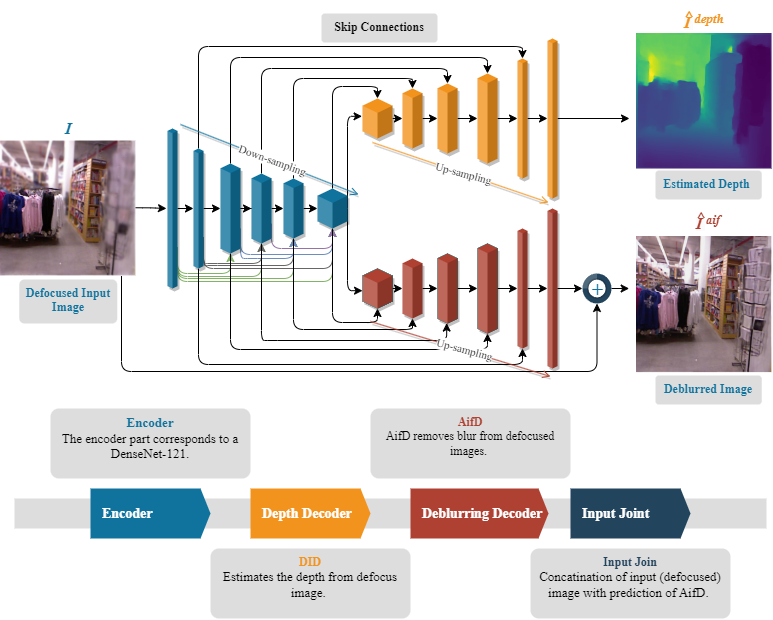
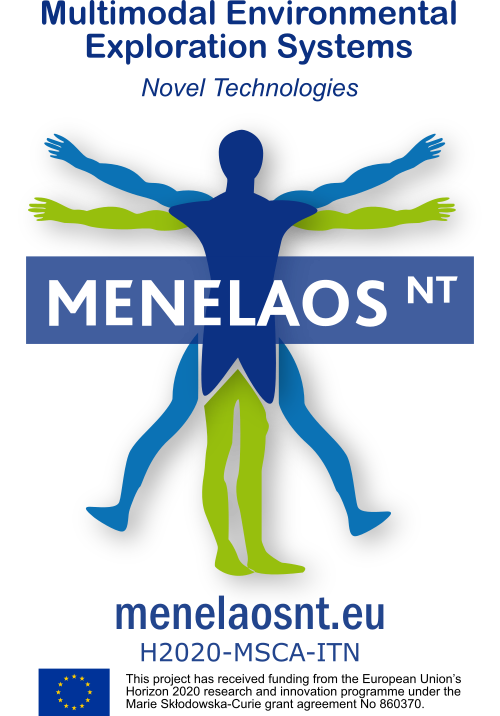
Machine learning internship, MIDL-NCAI-HEC COMSATS University, Islamabad (Pakistan) 2017 - 2020
AI, Deep Learning, Machine Vision, Python
For my Master’s thesis, I worked on a project in collaboration with the Medical Imaging and Diagnostic Lab (MIDL) affiliated with the National
Center of Artificial Intelligence (NCAI) under the Higher Education Commission (HEC) of Pakistan.
Aim to provide Computer Aided Diagnostics (CAD) system solutions using advanced Computer Vision and Deep Learning techniques
(e.g., Discriminative Models and Generative Models specifically Generative Adversarial Networks).
Master’s research thesis “Generative Adversarial Networks for Enhancing LowDose CT scans”.
Research Interest: Artificial Intelligence, Machine Learning, Deep
Learning, Computer Vision, Generative Adversarial Networks.
